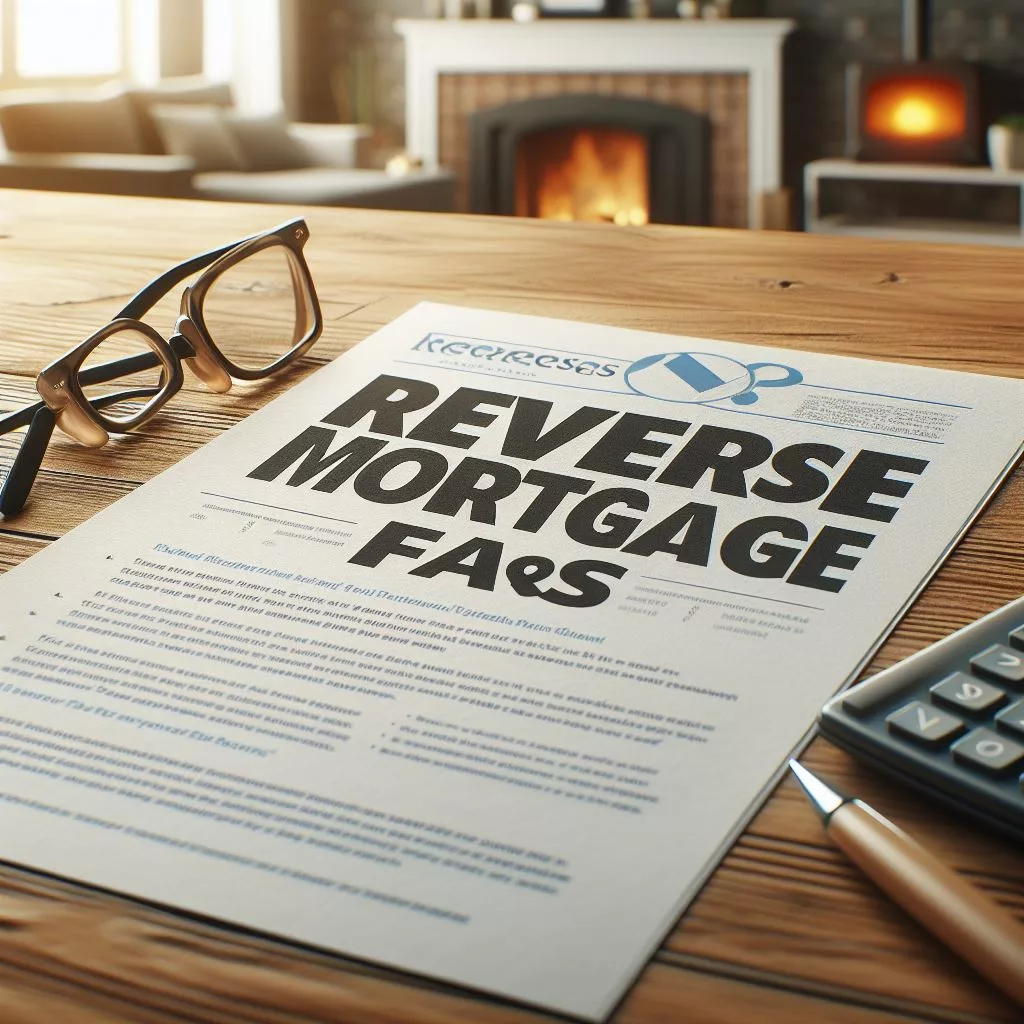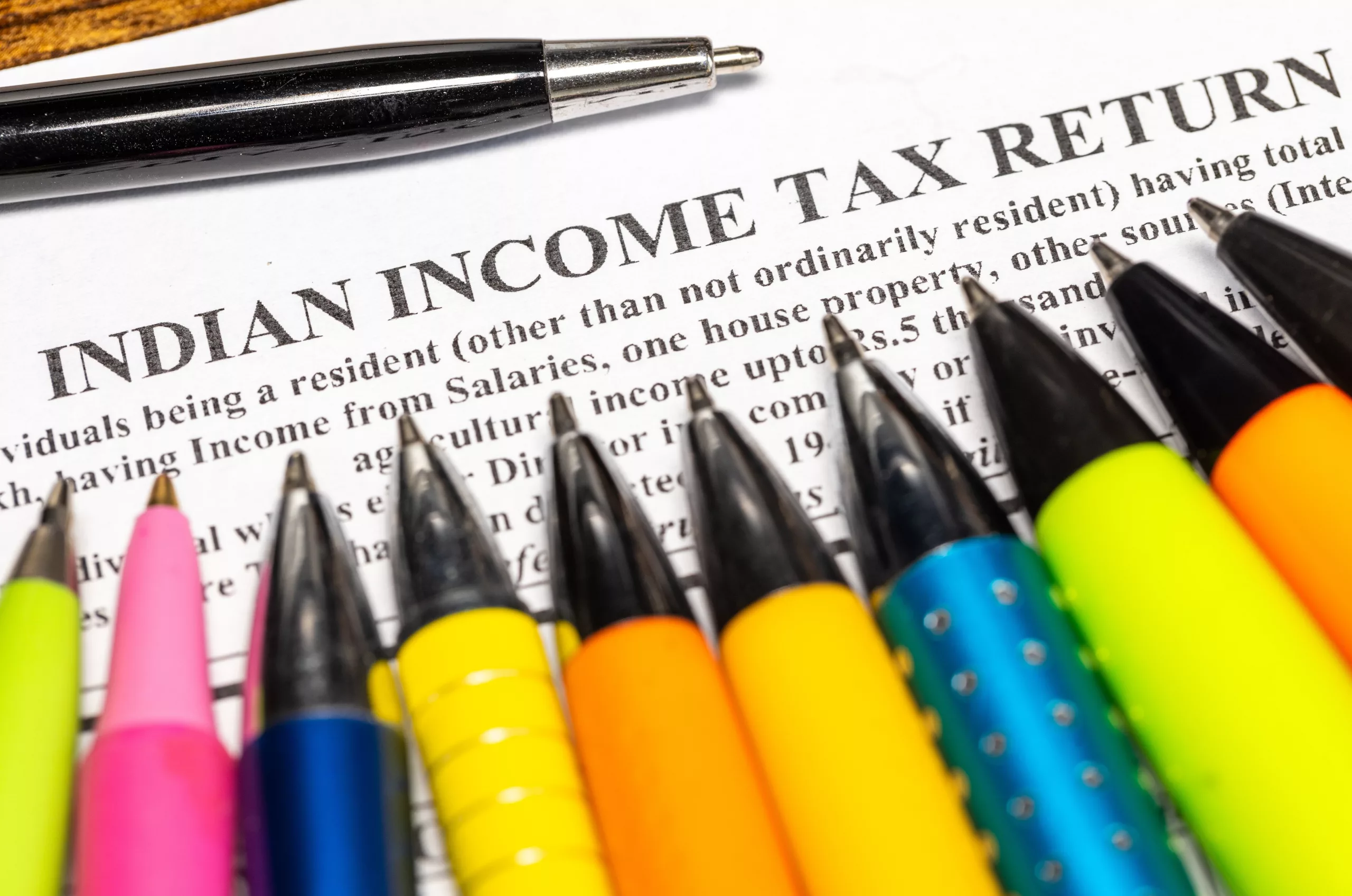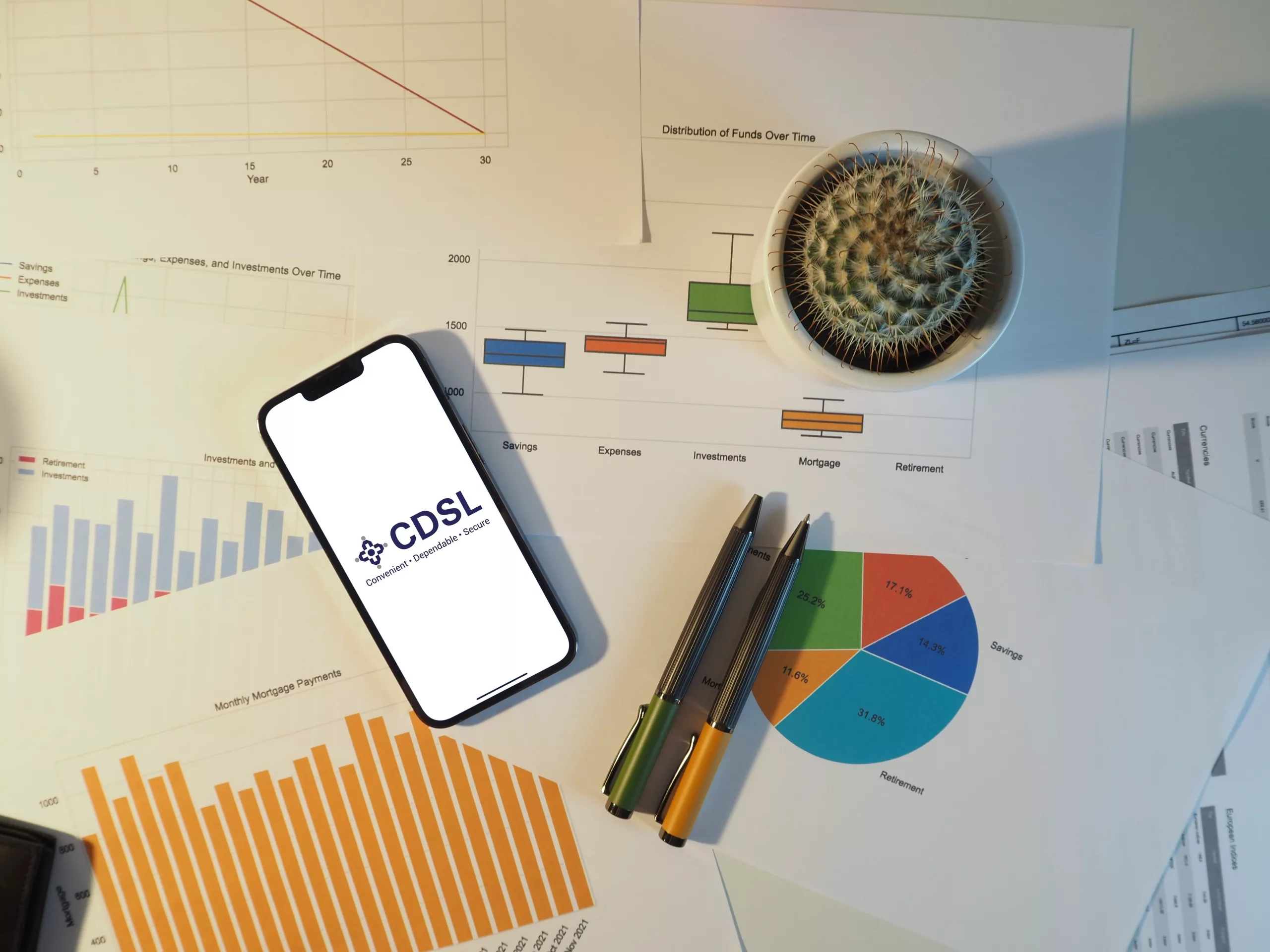Reverse Mortgage FAQs

Who is eligible for a reverse mortgage?
The National Housing Bank (NHB), a subsidiary of the Reserve Bank of India and the facilitator of housing finance in India, has set some guidelines for reverse mortgages. They include:
- The prospective borrowers should be senior citizens of India above 60 years of age.
- Married couples can opt for financial assistance as joint borrowers. In such a case, the age criteria for the couple will be at the discretion of the Primary Lending Institution (PLI), with at least one of them being above 60 years of age.
- The borrower should be the owner of a self-acquired, self-occupied residential property located in India, with a clear title indicating the same.
- The residential property should be free from any encumbrances.
- The residual life of the property should be at least 20 years.
- The borrower should use that residential property as a permanent primary residence.
- Reverse mortgage is not available for commercial property.
Apart from checking the property documents, the bank/housing finance company will ensure that you pay all taxes and charges (water, electricity, etc), have maintained the property in good and saleable condition and insured it against fire and other calamities.
What is the loan amount I can get for my property?
The loan amount depends on the market value of residential property, as assessed by the PLI, the age of borrower(s) and the prevalent interest rate.
The table, taken from the NHB website, can serve as an indicative guide for determining loan eligibility:
| Age | Loan as a proportion of assessed value of property |
| 60 – 65 | 40% |
| 66 – 70 | 50% |
| 71 – 75 | 55% |
| Above 75 | 60% |
The above table is only indicative and the PLIs will determine the eligible quantum of loan at their discretion, taking into account the no negative equity guarantee. This means that the borrower will never owe more than the net realizable value of his/ her property, provided the terms and conditions of the loan have been met.
The bank will review the property at least once in five years and reserves the right to stop further disbursals if it finds the level of risk unacceptable. Further, the quantum of loan may undergo revisions based on these revaluations of property at the discretion of the lender.
For example, according to Dewan housing finance Limited, the loan amount for a 61-year-old living in a property worth Rs 60 lakh would be slightly over Rs. 10,000 on a monthly basis, at an interest rate of 12%. This is an indicative figure, calculated on the basis of actuarial tables. The actual amount will also depend on the age and condition of the property. A reverse mortgage is offered only for residential properties that are not more than 20 years old.
How will my house be valued by the bank/ housing finance company?
National Housing Bank guidelines stipulate that:
- The residential property (commercial property cannot be mortgaged) should conform to the local residential land-use and building by-laws as stipulated by the local authorities, with approved layout and building plans.
- The bank/ housing finance company should determine the market value of the residential property through external approved valuer(s).
- The mortgaged property should be valued / inspected at least once every five years.
Which banks/ housing finance companies offer reverse mortgages?
For now, not many banks/ housing finance companies have entered the reverse mortgage market. The major ones offering the products are Punjab National Bank (Baghban) and Dewan housing finance Limited (Saksham). Oriental Bank of Commerce too is all set to offer Reverse Mortgage.
Bank of Baroda (BoB), Allahabad Bank and Corporation Bank have also announced their intention to offer reverse mortgage schemes for senior citizens.
For what purposes can I use the money?
You can use the loan amount to meet all your personal needs. But remember, you can’t use it for speculative, trading and business purposes.
After approving a Reverse Mortgage loan to a borrower, what happens if property prices suddenly drop/rise dramatically after a few years during the tenure? Are the borrower’s regular payouts affected by this?
Yes, the borrower’s regular payouts will be affected by this. The lending house will conduct periodic reviews of the property value and revise the loan amount as per the property value prevailing at that time, answers Dewan housing finance Limited.
What happens if the bank finds the mortgaged property risky after five years and stops further disbursals?
This does not usually happen, but in the rare event of the bank stopping disbursals after a certain period of time, for whatever reason, the borrower need not pay back the amount he has received so far. The bank will recover that money after the borrower and his/her spouse have expired by selling the property. Till then, interest will be charged on the amount paid to the borrower.
Are there any prepayment charges?
The borrower has the option of prepaying the loan anytime during the tenure. There will be no charge/penalty on such prepayments.
What happens if I do not want the loan after the loan transaction is finalised?
According to NHB guidelines, in such a situation, borrowers may be given up to three business days to cancel the transaction. If the loan amount has already been disbursed, then the entire sum is to be repaid by the borrower within these three days. However, the interest for the period may be waived at the discretion of the bank/housing finance company.
Am I eligible for a reverse mortgage loan if my house is already mortgaged with another institution?
According to NHB guidelines, if the property is already mortgaged with another institution, then the bank/ housing finance company that is offering the reverse mortgage may consider allowing you to use part of the amount to prepay/repay the existing housing loan. But the loan amount will be paid directly to the institution to the extent of the loan outstanding with it with a view to release the mortgage
- Can the reverse mortgage be foreclosed? When does that happen?
Foreclosure of a loan means terminating the contract of giving regular payouts to the borrower by the bank/housing finance institution before the tenure gets over.
So as per the NHB, the loan is liable for foreclosure if:
- The borrower has not stayed in the mortgaged property for a continuous period of one year.
- The borrower fails to pay property taxes, home insurance or maintain and repair the residential property.
- The residential mortgaged property is donated or abandoned by the borrower.
- The borrower makes changes in the residential property that affect the security of the loan for the lender. For example, renting out a part or all of the house, adding a new owner to the house’s title, changing the house’s zoning classification, or creating further encumbrance on the property either by way taking out new debt against the residential property or alienating the interest by way of a gift or will.
- The government, under legal provisions, seeks to acquire the residential property for public use.
- The government condemns the residential property (for example, for health or safety reasons).
Can I will my mortgaged property?
Yes, says NHB, but there are certain conditions. If the borrower wishes to will the mortgaged property to any of his/her relatives, it should be subject to the discharge of the mortgage debt by the inheritor and a statement that the heirs shall not be entitled to challenge the validity of the mortgage.
Also, in case of the borrower’s death, the legal representative should be willing to take the responsibility of paying the entire loan amount, along with the interest, to free the house of the mortgage. But if the legal heir is unable to repay the loan or does not wish to do so, the bank/housing finance company may sell the house to recover the outstanding loan and give the surplus to the former.







